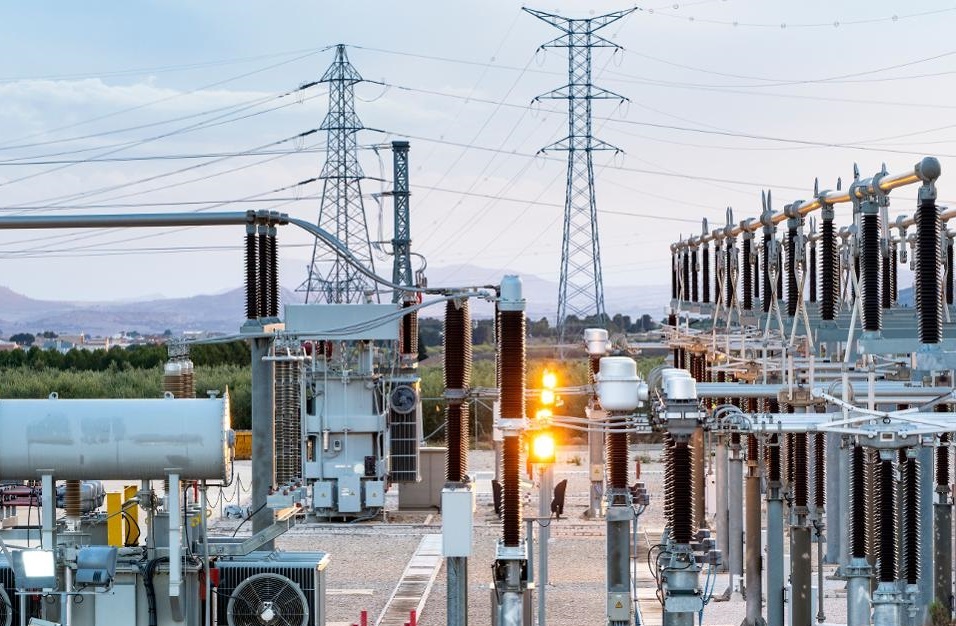



The UK real estate market is undergoing a transformative shift. No longer are buyers and investors solely focused on square footage and postcode prestige; today, the national power supply, renewable energy sources, and sustainability credentials have become key decision-making factors. As the government accelerates its decarbonisation goals and transitions to green power, real estate stakeholders are recalibrating their strategies to align with the nation’s energy roadmap.
Fraser Bond, a leading authority in UK property investment and consultancy, explores how the changing landscape of the national energy supply is shaping real estate investment, development, and buyer preferences across the country.
Buyers and tenants are increasingly prioritising properties with lower carbon footprints and improved energy efficiency. This shift has placed energy considerations at the heart of residential and commercial real estate transactions. Government regulations such as MEES (Minimum Energy Efficiency Standards) and the anticipated ban on gas boilers in new homes by 2025 are catalysing this change.
New developments now routinely feature:
Heat pumps instead of traditional boilers
Solar panels and passive solar design
EV charging infrastructure
Smart energy management systems
As national power supply infrastructure evolves to accommodate renewable sources, property developers and landlords are rethinking energy systems to future-proof their assets and attract environmentally conscious occupants.
While energy efficiency is a nationwide concern, the impact of the national power supply varies by region. Areas with robust renewable energy grids and stable supply—such as parts of Scotland, the South West, and Greater London—are emerging as prime locations for sustainable property investment.
Properties in regions where infrastructure is lagging may face:
Higher operating costs
Greater renovation demands to meet energy regulations
Reduced buyer appeal in eco-conscious segments
For investors, understanding how national and local power supply developments affect marketability is critical. Fraser Bond helps clients assess energy-related risks and identify growth corridors aligned with the UK's green transition.
The UK government is offering various financial incentives and support mechanisms to encourage the development of green buildings and energy-efficient homes. These include:
Green mortgages with favourable rates
VAT reductions on energy-saving installations
Funding for retrofitting older properties
Investors who act now stand to benefit from long-term cost savings, increased property values, and stronger tenant retention—especially in urban centres where sustainability is a growing priority.
Fraser Bond works closely with developers and investors to capitalise on these emerging trends, providing expert insight into sustainable property planning and acquisition strategies that align with the UK’s national energy direction.
At Fraser Bond, we recognise that the future of UK real estate is intricately linked to the national power supply and sustainable infrastructure. Whether you're a developer planning a new eco-friendly build, an investor seeking high-yield green properties, or a homeowner navigating regulatory changes, our consultancy services provide the clarity and confidence needed to make informed decisions.
Let us help you turn energy efficiency into property value.
As the UK commits to net-zero carbon emissions, the intersection between real estate and energy supply becomes increasingly significant. Properties that align with the nation's green power goals will not only retain value but likely outperform in the years ahead. From smarter energy systems to strategic location selection, adapting to this evolving landscape is not optional—it's essential.
Fraser Bond remains at the forefront of this transition, offering unmatched guidance on how to leverage energy efficiency for long-term property success.